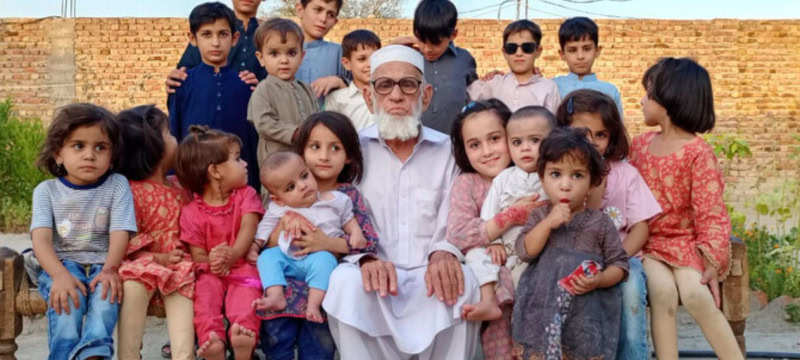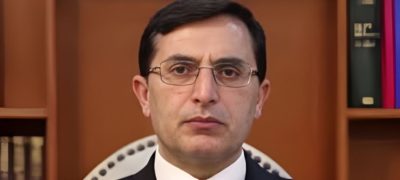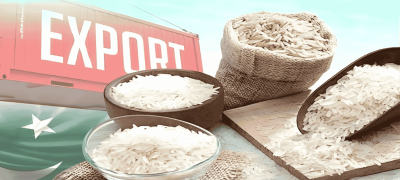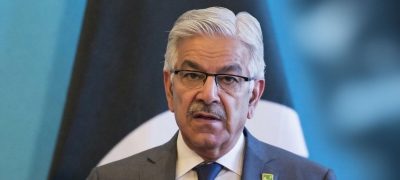For Nazar ul Islam, an 82-year-old academic from Pakistan’s conservative northwest, education was more than just a personal journey—it was a tool for empowering his children, particularly his daughters.
In the 1970s, at a time when education was a rare privilege in the Karak district, he broke away from traditional norms by enrolling his eldest daughter, Nighat Parveen, in school. Despite never attending college himself, Islam pursued private studies, earning postgraduate degrees in Arabic, Urdu literature, and Islamic studies. He went on to ensure that all 13 of his daughters, as well as his four sons, received an education.
Read more: UN Honors Jahangir Khan as One of the Greatest Players of the Last 1,000 Years
“During my time, very few men were educated, and the idea of women attending school was almost nonexistent,” he told Arab News. “But despite societal pressures, I made the groundbreaking decision to send my daughter to school, defying the norms.”
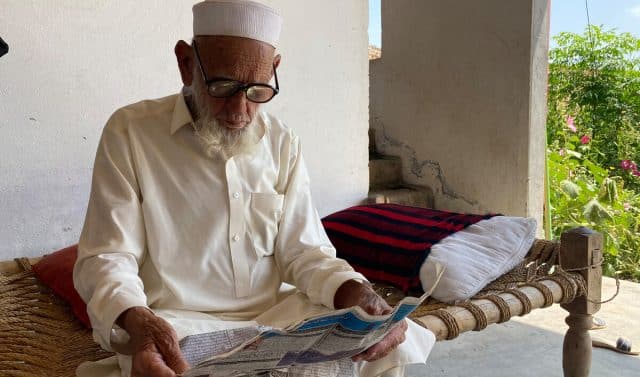
Haq explained that while his bold decision initially seemed promising and his daughters’ early education went smoothly, opposition grew as they got older. Family members began to question his choice, and the resistance escalated to threats of disownment. Despite this, Haq stayed firm, and his daughter excelled in her 8th and 10th-grade exams, outperforming many in the area. Her academic achievements strengthened his conviction in his decision.
“That was a huge relief, one of the happiest moments of my life,” Haq recalled, as relatives distanced themselves from him for sending his daughter to high school.
Parveen, who completed her matriculation in 1986, told Arab News that at first, she didn’t fully understand the importance of education. She saw herself following her father’s vision on a difficult path filled with challenges. “Often, I was the only girl in a classroom of boys. Sitting in a corner, isolated from my peers, I endured the weight of societal judgment and the discomfort of being an ‘outsider,'” she shared.
She acknowledged the psychological strain of being the only girl among boys but remained determined to pursue her education.
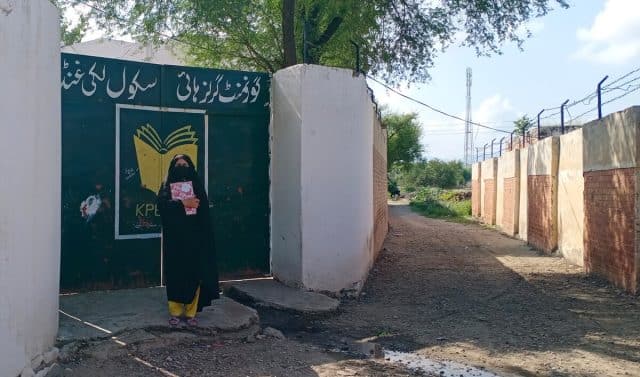
Today, Parveen is a symbol of perseverance and the value of education, serving as the principal of Government Girls’ High School in Karak, where she helps shape the minds of future generations. She set a high standard for her 16 siblings—12 sisters and four brothers—all of whom have earned master’s degrees in various fields, including English Literature, Political Science, History, Botany, Zoology, and Physics. All of Haq’s daughters now work as government teachers.
Haq views education as a path to empowerment and independence for women, challenging the belief in rural areas that educating daughters only benefits the families they marry into. “Education gives women the knowledge and confidence to play an active role in their family’s financial matters, removing the need to rely on others for support,” he explained.
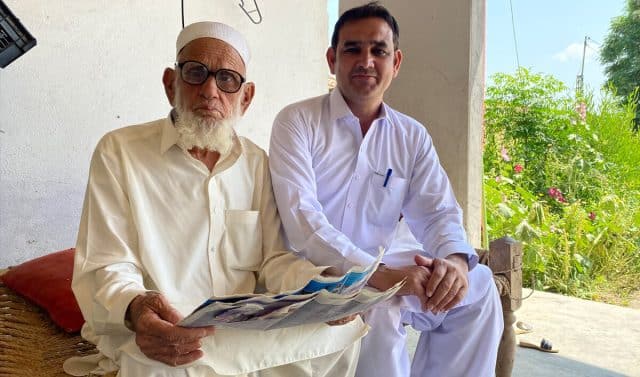
Haq’s wife, Jahan Bano, though without formal education, experienced significant personal growth alongside her husband. She now converses in English and participates in political discussions, showcasing her intellectual development and newfound confidence.
Both Haq and Bano take pride in the fact that their once-criticized stance on women’s education is now accepted by the same people who opposed it. “In this later stage of life, watching young girls in school uniforms heading to school, college, and university from my balcony brings me an indescribable sense of joy,” Haq shared.


